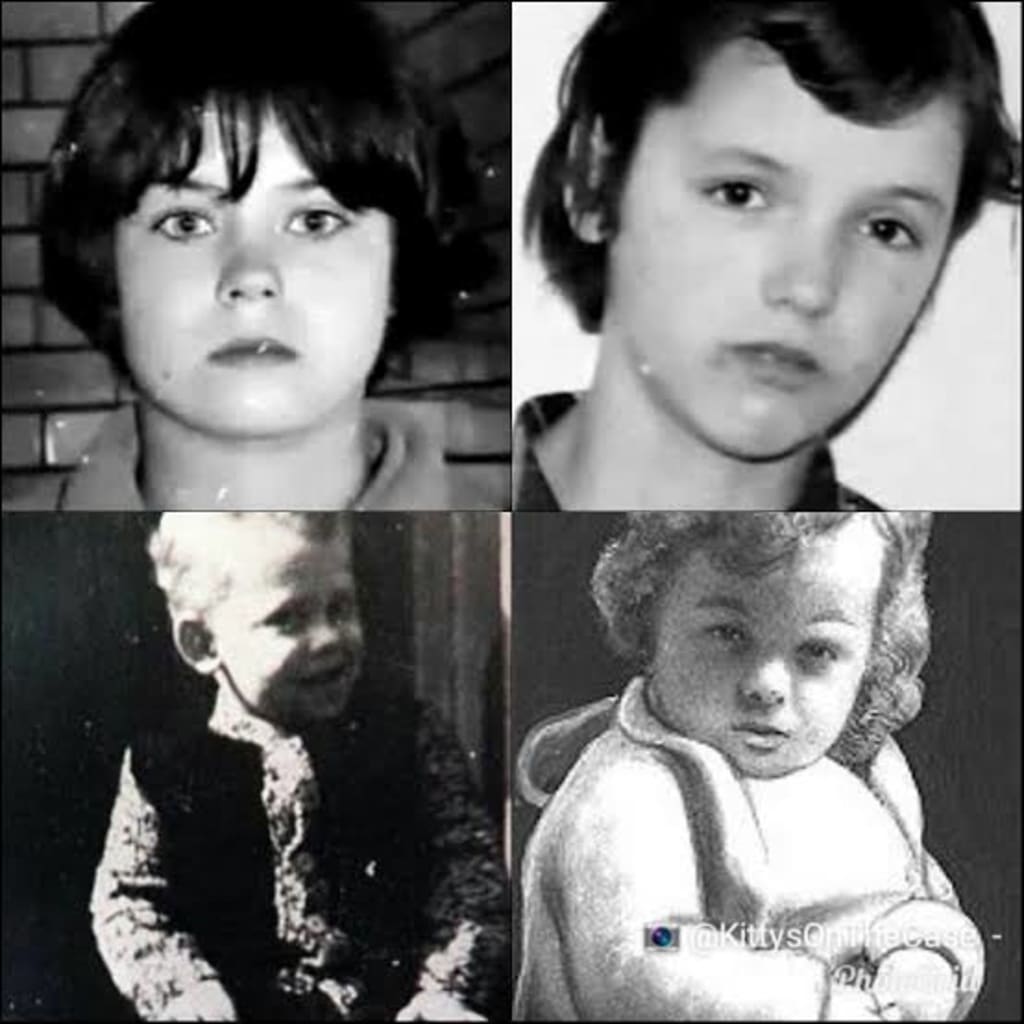The Shocking Murders: The Mary Bell Case Unveiled
Mary Bell, a 10-year-old in the UK, shocked the nation in 1968 by brutally murdering two young boys. Her trial sparked debates on juvenile justice and the influence of a troubled upbringing. Despite her age, she was found guilty and detained with regular parole reviews. Released at 23, she received lifelong anonymity. The case shed light on the complexities of young offenders and raised awareness of the importance of early intervention for troubled children. Mary Bell's story continues to fascinate and serves as a somber reminder of the consequences of a troubled childhood.

Mary Bell's case is a haunting and shocking chapter in criminal history. Born on May 26, 1957, in Newcastle upon Tyne, England, she became infamous for the brutal murders of two young boys in 1968 when she was just 10 years old. The case gripped the nation and raised profound questions about the influence of a troubled upbringing on juvenile offenders.
On May 25, 1968, Mary Bell, along with her friend Norma Bell (no relation), lured 4-year-old Martin Brown into an abandoned house in their neighborhood. There, Mary strangled the young boy to death. The gruesome nature of the crime shocked the community, but it was only the beginning of a chilling spree of violence.
Just two months later, on July 31, 1968, Mary and Norma struck again, this time targeting 3-year-old Brian Howe. The two girls took Brian to a secluded area where Mary killed him, leaving a message scrawled on a wall nearby, attempting to mislead investigators and pin the blame on an innocent boy.
The investigation into the boys' murders soon focused on Mary Bell and Norma Bell, who were neighbors and known to be involved in mischievous activities. The girls' behavior had already raised suspicions among the community members, but the revelation of their involvement in the murders sent shockwaves through the nation.
When Mary was arrested, her behavior was described as odd and emotionless. During her interrogation, she made several conflicting statements and showed a lack of remorse for her actions. Her demeanor and young age baffled authorities and mental health experts alike, leading to further inquiries into her background.
As the trial began in December 1968, the media frenzy surrounding the case reached unprecedented levels. The public and press struggled to comprehend how such young children could commit such horrific crimes. The prosecution painted Mary Bell as a manipulative and evil child, while her defense argued that her tumultuous upbringing played a significant role in shaping her behavior.
Mary's mother, Betty Bell, had a troubled past, involving multiple failed relationships and alleged abusive partners. She was known to neglect and mistreat her daughter, leading to Mary's early exposure to violence and instability. Experts argued that Mary's upbringing and environment likely contributed to her antisocial behavior and violent tendencies.
The trial concluded with Mary Bell found guilty of manslaughter on the grounds of diminished responsibility for the murder of Martin Brown and guilty of murder in the case of Brian Howe. Norma Bell, being only 13 at the time of the crimes, was acquitted.
Mary Bell was sentenced to be detained at Her Majesty's pleasure, which essentially meant an indefinite period of incarceration with regular reviews by the parole board. She was initially sent to a young offenders institution and later transferred to various correctional facilities.
As the years passed, Mary Bell's case remained one of the most notorious in British criminal history. In 1980, she was granted anonymity for life, allowing her to live under a new identity and protect her privacy from the public. This decision was made to facilitate her reintegration into society after her release from detention.
In 1980, at the age of 23, Mary Bell was released on parole after serving 12 years in custody. She has since lived her life under her new identity, avoiding media attention and leading a private existence.
Mary Bell's case has left a lasting impact on the fields of criminology and psychology. It sparked debates about the proper treatment of juvenile offenders and the importance of early intervention for children with troubled backgrounds. Her story also brought attention to the need for a more comprehensive understanding of the factors influencing criminal behavior in young individuals.
In conclusion, the Mary Bell case remains a dark and unsettling chapter in the history of crime. Her young age at the time of the murders, coupled with her troubled upbringing, raised profound questions about the complexities of juvenile crime and the influence of environment on criminal behavior. The case continues to be a subject of fascination and scrutiny, serving as a stark reminder of the potential consequences of a deeply troubled childhood.
About the Creator
Enjoyed the story? Support the Creator.
Subscribe for free to receive all their stories in your feed. You could also pledge your support or give them a one-off tip, letting them know you appreciate their work.





Comments
There are no comments for this story
Be the first to respond and start the conversation.